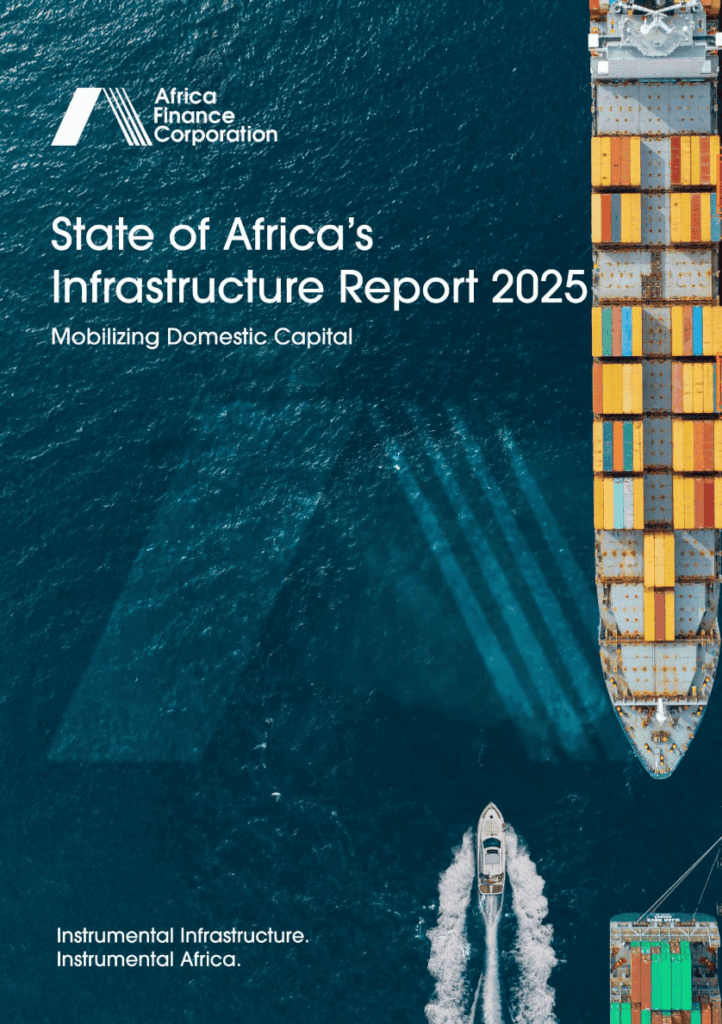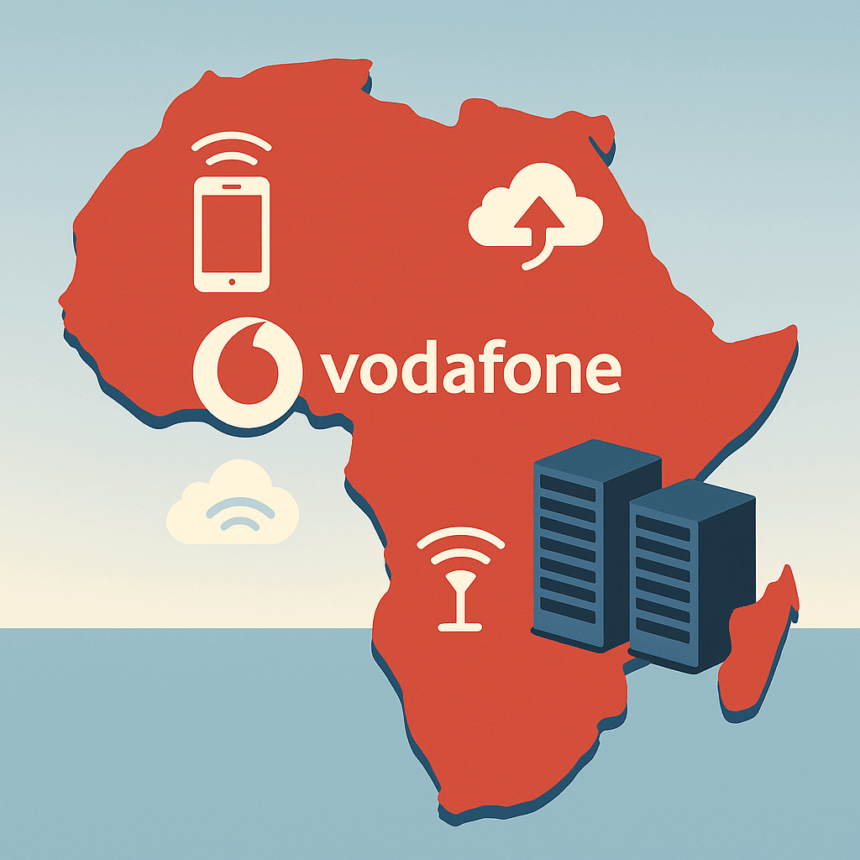Africa and the Europe, Middle East, and Africa (EMA) region are on the brink of a digital transformation. Telecom giants like Vodafone are investing heavily in satellite connectivity, fiber infrastructure, and cloud services to bridge connectivity gaps. The continent’s drive toward digital sovereignty gains momentum with fresh investments and policy shifts aimed at enhancing internet access, bridging rural divides, and fostering innovation. This article dives into Vodafone’s recent satellite rollout, the Africa Finance Corporation’s (AFC) five-point digital agenda, and how these moves are shaping the future of digital infrastructure in Africa and EMA.
What’s Happening & Why This Matters
Vodafone Launches Satellite Internet to Expand Reach

Vodafone’s new satellite service targets remote African regions where traditional connectivity struggles. The deployment leverages advanced satellite tech to deliver reliable internet access beyond urban hubs. This expansion not only improves access for underserved rural communities but also strengthens digital inclusion efforts across the continent. By extending broadband via satellite, Vodafone tackles one of Africa’s most formidable challenges: rural connectivity. This initiative aligns with the global push for universal access and digital equity.
AFC’s 2025 Infrastructure Report Sets a Roadmap
The Africa Finance Corporation (AFC) recently released the State of Africa’s Infrastructure Report 2025, highlighting digital infrastructure as a key driver of economic growth. The report stresses the urgent need for increased investment in subsea cables, fiber networks, data centers, and Internet Exchange Points (IXPs). These digital assets are vital for achieving sovereignty over data and enabling cloud services that local businesses and governments increasingly demand.
Despite strides in infrastructure, the report reveals a persistent digital divide between rural and urban areas. Many rural communities remain offline or experience slow and unreliable connections. The AFC frames this gap as the biggest obstacle to true digital inclusion. To address this, the corporation outlines five priority actions: focusing on rural connectivity, boosting investment, liberalizing telecom markets, harmonizing digital policies, and investing in digital literacy and infrastructure.
Aligning Policy and Investment for Sustainable Growth

Africa’s digital ambitions require coordinated policy reforms. AFC calls for harmonized laws around data sovereignty, protection, and interoperability. Clear, unified regulations will unlock private capital and drive scale. Ethiopia’s recent telecom liberalization serves as a success story, with competition fueling rapid network expansion.
Moreover, enhancing digital skills and public infrastructure, such as e-identification and payment systems, will generate jobs and increase productivity. This comprehensive approach ensures that connectivity translates into tangible economic benefits, fostering innovation hubs and competitive digital economies.
Regional Digital Transformation
Vodafone’s efforts in EMA mirror the momentum seen across the region. Investments in fiber backbone and satellite connectivity support the expansion of cloud services and enhanced cybersecurity. Vodafone’s initiative complements ongoing projects funded by entities like the World Bank Group, which recently invested $100 million in Raxio Group’s data centers. These centers in Ethiopia, Angola, and Uganda localize data, lower costs, and improve security — key factors in attracting more users online.
AFC CEO Kola Adesina notes, “Digital infrastructure is the backbone of Africa’s future. Closing rural gaps and harmonizing policy are essential for unlocking the continent’s potential.” Meanwhile, Vodafone Group CTO Niall Norton says, “Our satellite service will deliver connectivity to places where fiber cannot reach, enabling millions to join the digital economy.”
TF Summary: What’s Next
Africa and EMA stand at a critical juncture. Coordinated investment, policy reforms, and innovative technology deployments, such as Vodafone’s satellite broadband, could accelerate digital inclusion. Closing rural–urban divides remains a top priority. Meanwhile, initiatives to harmonize data policies and build digital skills promise to transform connectivity into economic opportunity.
Expect to see increased public-private partnerships fueling infrastructure projects, as well as more localized data centers that improve performance and security. Together, these efforts set the stage for a digitally empowered Africa and EMA that can compete globally.
— Text-to-Speech (TTS) provided by gspeech


